
Similar Posts
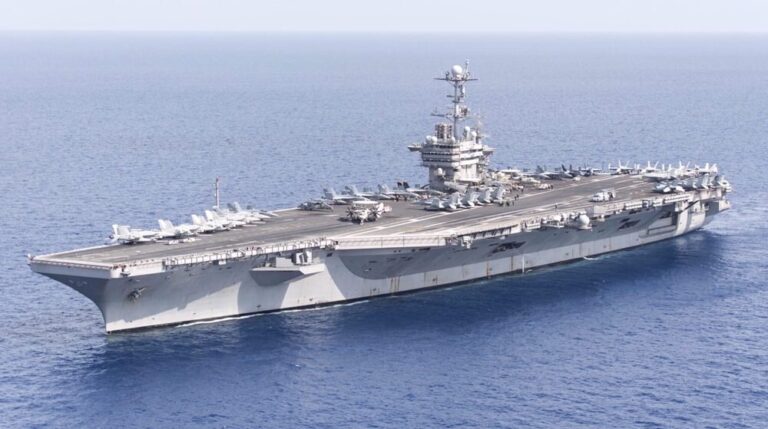
Yemen’s Missile Strikes Target Israeli Airport and US Aircraft Carrier: A Rising Threat in the Middle East
Tensions in the Middle East have escalated as Yemen’s missile force launched attacks on Israel’s Ben Gurion Airport and the US aircraft carrier Harry S. Truman. Utilizing advanced ballistic missiles, Yemeni spokesman Yahya Saree emphasized the strikes aimed to support Palestinians amidst ongoing violence. This marked the second attack on US forces in less than 24 hours, attributed to American actions in Yemen. Concurrently, US airstrikes hit a hospital in Yemen, drawing condemnation for violating humanitarian laws. Amidst rising military presence and calls for peace, the humanitarian impact on civilians in both Yemen and Gaza remains a critical concern.
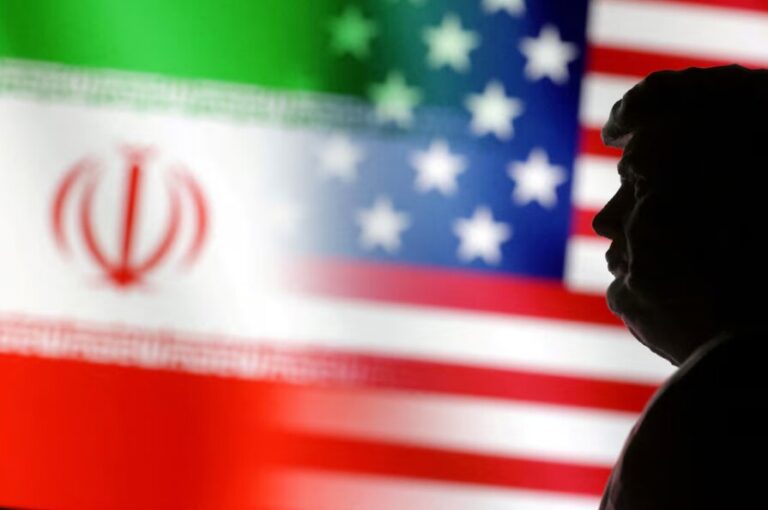
US Officials Anticipate Stricter Sanctions on Iran Amid Stalled Negotiations
In a recent CNBC interview, a U.S. official, Wright, emphasized the need for stringent sanctions on Iran to deter its nuclear ambitions. Wright is set to begin a nearly two-week diplomatic tour across the Middle East, including meetings in Saudi Arabia, marking his first official visit to engage with OPEC’s leader. The tour aims to reinforce U.S. sanctions, address regional stability concerns, and discuss energy security implications. As tensions rise over Iran’s nuclear program, the outcomes of this mission could significantly influence U.S.-Iran relations and the broader geopolitical landscape, with global security and economic stability at stake.

United Muslim Nations: A Powerful Force Against Oppression
During a recent discussion, Pezeshkian and Mahdi al-Mashat emphasized the necessity of Muslim unity to combat external oppression, particularly amid ongoing crises in Yemen exacerbated by US airstrikes. They highlighted that collaboration among Islamic nations can counter imperialist ambitions and strengthen their collective resistance. Al-Mashat noted Iran’s support for this unity and pointed out the disparity between Yemen’s reality and adversarial narratives. Yemenis have intensified military actions against Israeli and American interests to support Gaza, leading to significant economic impacts, such as the closure of Eilat port. The dialogue underscores the potential strength of solidarity among Muslims in confronting challenges.
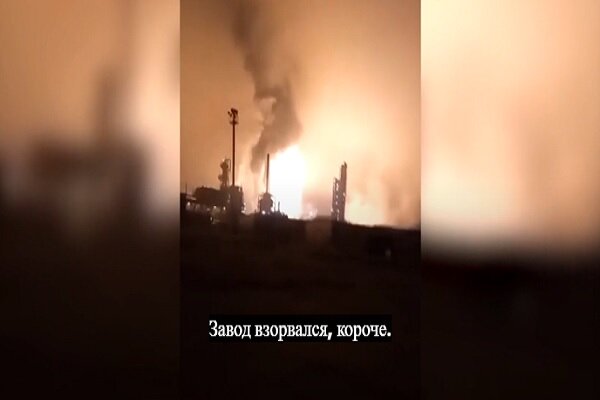
Ukrainian Drones Strike Southern Russia’s Oil Pipeline: A Bold Move in Ongoing Conflict
The conflict between Ukraine and Russia has escalated, with Ukrainian drones recently targeting critical infrastructure, including a significant oil pipeline in southern Russia. The Kropotkinskaya pumping station was hit, resulting in reduced oil shipments from Kazakhstan and raising concerns about energy supplies and market stability. The Caspian Pipeline Consortium confirmed the attack’s impact on operations. This incident reflects Ukraine’s strategy to disrupt Russian supply lines amidst ongoing geopolitical tensions. Analysts warn that such actions could provoke stronger Russian responses and lead to further military escalation, emphasizing the fragility of energy supplies and the potential for fluctuations in global oil prices.
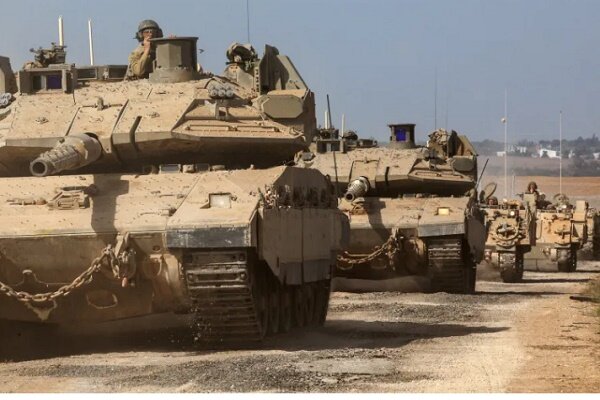
Israeli Forces Launch Ground Invasion: A New Chapter in Gaza Conflict
The conflict in Gaza has intensified, with the Israeli military announcing significant gains in the Netzarim Corridor, a key area separating northern and southern Gaza. Troops from the 252nd Division have retaken control of about half the corridor, impacting Gazan movement, especially for those returning north. Israeli Minister of Military Affairs Israel Katz warned of resumed evacuations from combat zones, raising concerns for civilians. Additionally, the Golani Brigade has been deployed to the southern border, signaling potential escalations. These military actions may lead to increased civilian displacement and humanitarian challenges, prompting calls for international intervention amid rising tensions.
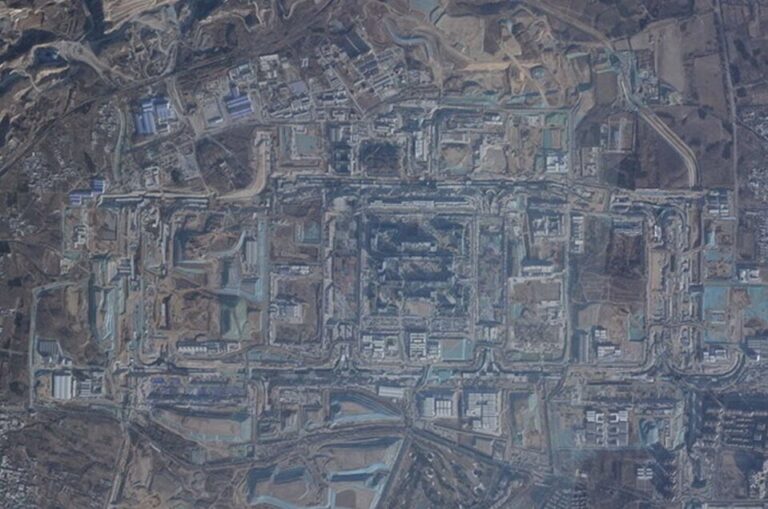
China Unveils Ambitious Plans for World’s Largest Military Command Center
China is reportedly constructing a vast military complex near Beijing, potentially the world’s largest command center, surpassing the size of the Pentagon. Spanning around 1,500 acres, the site, dubbed “Beijing Military City,” has drawn close scrutiny from US intelligence due to its strategic implications. Major construction began in mid-2024, raising concerns about China’s military ambitions and capabilities. The facility may enhance operational readiness and integrate advanced technologies, potentially shifting China’s military doctrine towards a more assertive posture. This development could trigger regional arms races and complicate international security, highlighting the need for diplomatic dialogue among global powers.